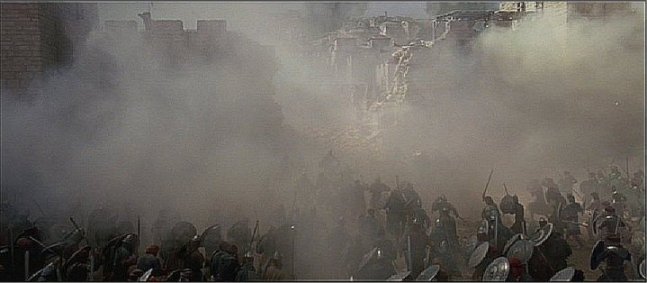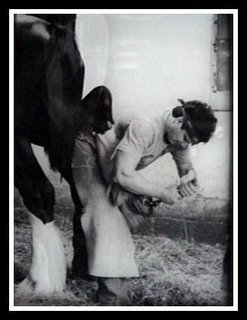Judge: Ban on Jesus in Prayer Stands

First we have the military telling chaplains whom they can pray to. Now we have a judge dictating what can be in a prayer.
By Richard D. Walton IndyStar.com.
A federal court judge on Wednesday denied a request to amend his ruling banning sectarian prayer in the Indiana House of Representatives, clearing the way for an appeal to the 7th U.S. Circuit Court of Appeals in Chicago.
U.S. District Judge David Hamilton rejected arguments by House Speaker Brian Bosma, R-Indianapolis, that Hamilton's ruling was too vague to enforce.
And Hamilton issued a warning:
"If the speaker or those offering prayers seek to evade the injunction through indirect but well understood expressions of specifically Christian beliefs, the audience, the public, and the court will be able to see what is happening. In that unlikely event, the court will be able to take appropriate measures to enforce" the injunction.
Hamilton earlier this month found that the House practice of offering a prayer at the start of each day's session breached the clause of the U.S. Constitution that bars the government establishment of religion. The House prayers, he ruled, were overwhelmingly Christian in content and amounted to the advancement of one religion over others. The ruling stemmed from a lawsuit brought by the Indiana Civil Liberties Union.
The judge ordered that anyone chosen to give the invocation must not advance any one faith. He forbade the person saying the prayer from "using Christ's name or title" or making any other denominational appeal.
Despite Hamilton's intent to also prevent the promotion of non-Christian religions, Bosma had asked for clarification on whether the prohibition "refers to Christendom as a whole, or is more limited and means only that there should be no appeals on behalf of Methodism, Presbyterianism, or Roman Catholicism, for example."
Responded Hamilton in Wednesday's ruling: "This later question seems to reflect almost a willful obtuseness. As is evident through the opinions of this court and other courts . . . official prayers that endorse Christianity in general violate the Establishment Clause. The Establishment Clause is not limited to preferences for particular Christian denominations."
Bosma has said that, if necessary, he will take his fight against Hamilton's ban on sectarian prayer to the Supreme Court.
If Judge Hamilton feels the government has an imbalance of the representation of religions presented in the prayers he should address the diversity of the ministers giving the prayer, not the content thereof.
Congress shall make no law respecting an establishment of religion, or prohibiting the free exercise thereof; or abridging the freedom of speech, or of the press; or the right of the people peaceably to assemble, and to petition the Government for a redress of grievances.
— The First Amendment to the U.S. Constitution
His ruling hinders the free exercise of the individual ministers invited to pray. He could require a representative mix of ministers reflecting the population's religious make up, or demand equal time representation, but a minister is a representative of the God he serves and should be free to pray in the manner of his religious practice.
He also has not seen the decision of the 6th Court of Appeals and here
Legalism Stinks looks at this issue








 BlogHop.com
BlogHop.com







0 Comments:
|Post a Comment
<< Home